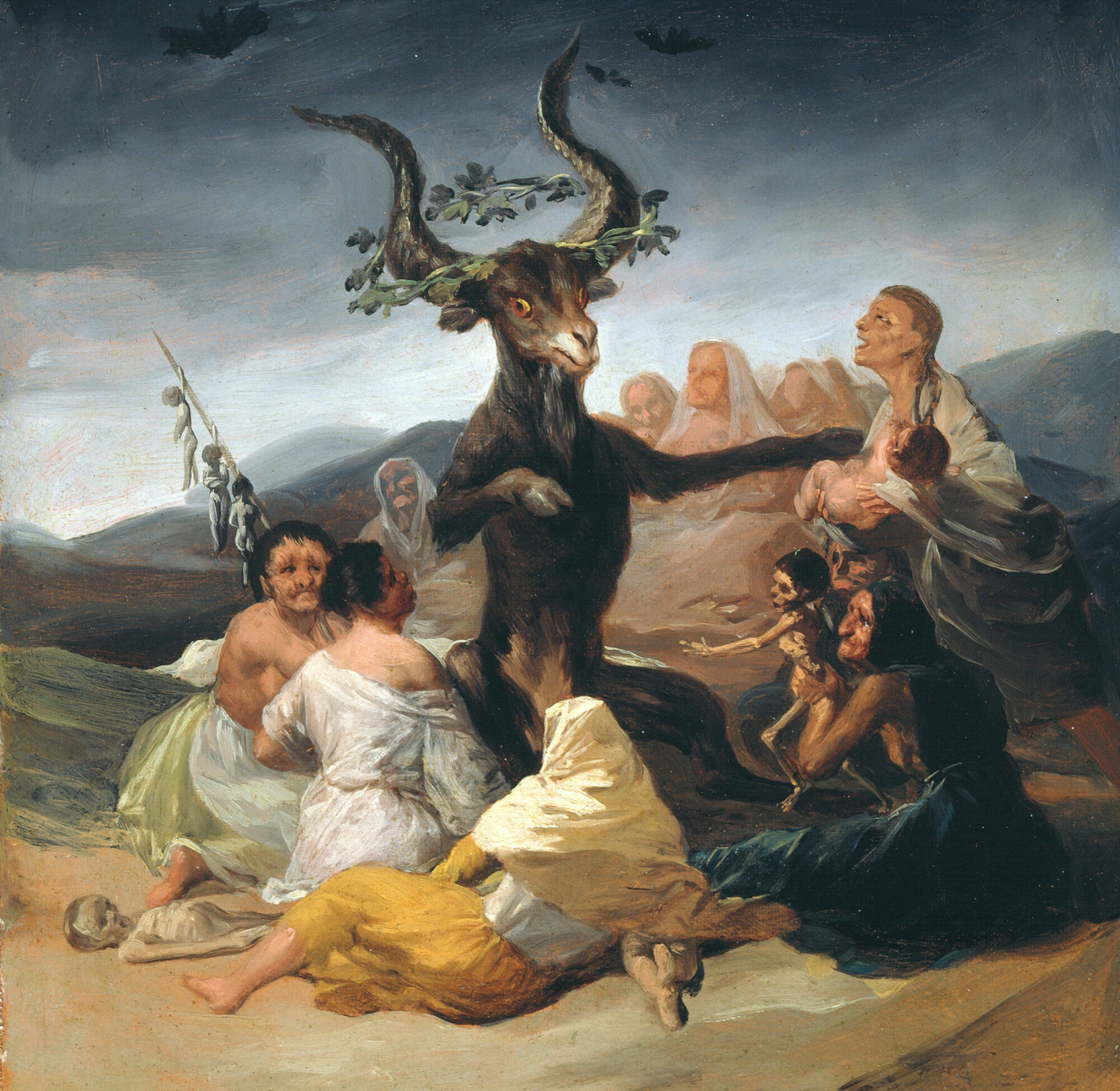Below, I’ve listed a number of resources that can help with your research project. If you find others, please let me know and I’ll add them!
Primary Sources
Printed Source Collections (available at the UNBC library)
Levack, Brian ed. The Witchcraft Sourcebook 1st edition London: Routledge, 2003; 2nd edition London: Routledge, 2015. Both are available as ebooks through the library.
Kors, Alan and Edward Peters ed. Witchcraft in Europe, 400-1700: A Documentary History 2nd. edition. Philadelphia: University of Pennsylvania Press, 2001. NOTE: Please ONLY use the 2nd edition.
Rampton, Martha ed. European Magic and Witchcraft: A Reader. Toronto: University of Toronto Press, 2018. Available as an ebook through the library.
Edited and Translated Single Primary sources
Christopher Mackay ed. The Hammer of Witches (Cambridge, 2009). We’re reading section of this book in class, but you can use it for your projects.
Friedrich Spee, Cautio Criminalis (University of Virginia Press, 2003). A critique of witchcraft trial procedure written by a priest in 17th century Germany. Available in hard copy at the UNBC library.
Reginald Scot, The Discoverie of Witchcraft (1584). A critique of the belief in witches in England. https://www.gutenberg.org/files/60766/60766-h/60766-h.htm
Pierre de Lancre, On the Inconstancy of witches ed. by G.S. Williams (Brepols, 2006). A witchcraft treatise by a French judge who prosecuted thousands of people for the crime of witchcraft in the early 17th century.
Online Primary Source Collections
- The Internet Archive of Texts and Documents, Early Modern Europe: The Witch Hunts http://history.hanover.edu/early/wh.html (Links to various documents about witch hunts in Europe and the Americas)
- Famous American Trials: the Salem Witchcraft Trials https://famous-trials.com/salem (Contains all of the documents connected to the Salem Witch hunts, including all court documents of the actual trials)
- http://departments.kings.edu/womens_history/witch/witchlinks.html#sources (Contains links to a large number of sources on the witch hunts)
- Survey of Scottish Witchcraft http://www.shca.ed.ac.uk/Research/witches// (database of Scottish witchcraft trials that is searchable)
- Witch Hunt materials for 17th century English witchcraft trials at the National Archive https://www.nationalarchives.gov.uk/education/resources/early-modern-witch-trials/ (see also links at the bottom of this page for other resources on the English witch hunts)
- Cornell Witchcraft Collection https://rmc.library.cornell.edu/witchcraftcoll/ (a searchable online collection of various historical sources related to the witch hunts)
- English Historical Documents (database through the UNBC Library; search for “witch” or “witchcraft”)
Secondary Sources
The UNBC library contains a growing number of monographs and essay collections on the topic of the witch hunts. Instead of providing you with a list of suggested secondary sources, I’ve included books that you should NOT be looking at as well as some other advice to help shape your research.
Banned books (okay, banned is a bit strong but really, these books below that are in our are frankly terrible)
Anne Llewellyn Barstow, Witchcraze: A New History of European Witch Hunts (Harper, 1994).
Karlene Faith, Unruly Women: The politics of confinement and resistance (Press Gang Publishers, 1993).
Robert Rapley, Witch Hunts: from Salem to Guantanamo Bay (McGill-Queens University Press, 2007). Although published by a university press, anyone who ahistorically compares the European witch hunts to other historical events is problematic, period.
Brett Loiselle, Salem Witch Trials (Great Neck Publishing, 2009).
Frances Hill, A Delusion of Satan: the full story of the Salem witch trials (Doubleday, 1995). Any history book claiming to tell the full story of a topic is flawed from the beginning.
There are a number of other books on Salem that are really problematic.
Tips for Secondary Sources
- Try and look for works that are published in the last 20 years. There are some important works published in the 1980s and 1990s, but the study of the witch hunts has changed dramatically.
- Make sure the books that you are looking at are published by a university press or by an academic press. Not sure if it’s an academic press? Check with me or look at book reviews. Not sure how to find book reviews? Ask a librarian.
- Make sure any articles you look at are published in historical journals or in journals whose disciplines are adjacent to History (such as religious studies, studies for specific time periods, or particular topics). Always look at the journal title in which an article is published to help determine if it is appropriate for your project.
- Use the bibliographies of books or articles that you like to help expand your research. Often they will cite important works on a given topic (for their discussion of historiography or the state of the field).
- If you need help, please let me know! I’ve been teaching courses on the witch hunts for 20 years so can point you in the direction of sources of which you might not be aware.
